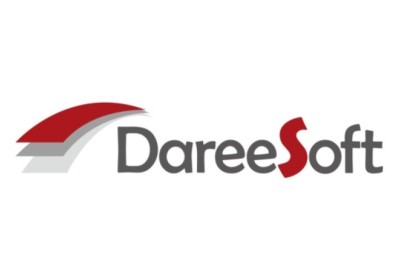
High-quality has led to greater consumer confidence and demand for premium products
Riyadh, Saudi Arabia- (AETOSWire) - The Saudi market has seen a significant rise in Spanish beef consumption over the past few months, with high quality driving greater confidence amongst consumers looking for premium products that cater to their needs and tickle their taste buds, while largely competing with other types of meat available in the market.
This falls in line with the efforts exerted by PROVACUNO, the Agro-food Inter-professional Organization of the Spanish Beef Industry to promote their beef in the export markets, since Spain was approved to join the list of European beef exporters to Saudi Arabia less than three years ago.
Saudi consumers now are quality driven rather than price; and tend to consider fresh meat to be a higher quality product than frozen meat. Moreover, and to be able to sell beef on the Saudi market, exporters need to obtain a Certificate of Islamic Slaughter (Halal).
As the New Year 2021 approaches, the European Beef Association has launched apromotional campaign to encourage beef consumption. The campaign is designed to create awareness about European beef, as one of the highest-quality and best rated beefs in the world, urging consumers to use European beef, as the major component in the New Year's celebration menus.
As part of the campaign, a series of recipes and tips were posted on social media, showcasing the best and easiest ways to make delicious beef-based meals, cooked by world-renowned Spanish chefs.
To wrap up the campaign, a few days before ringing in the new year, the European Beef Association will offer its social media followers with an e-book containing mouthwatering recipes to try at home. The e-book will be posted on the www.wonderfulbeef.eu website.
In 2019, European beef imports to Saudi Arabia increased by 1,866 tonsto 20,390tons compared to 2018, marking a9.27 percent increase; higher than the 0.83 percent increase in Saudi imports from other parts of the world during the same period.
Frozen beef accounted for 75 percent of these imports, followed by fresh and chilled meat, which accounted for 17 percent of the market share.
European beef imports to Saudi Arabia increased by 54.40 percent from December 2019 to April 2020, despite the adverse effects of the new Coronavirus (COVID-19) pandemic. This is mainly attributed to the changes in consumption patterns among Saudi citizens and residents.
Economic constraints and restrictions imposed by Saudi Arabia to limit and contain the spread of the coronavirus have had a profoundly negative impact on European beef imports, which decreased by 56.66 percent in April 2020, compared to the same period last year. This is primarily due to movement restrictions imposed by the Saudi Government, which resulted in temporary closure of restaurants, hotels and catering businesses, the key recipients of European beef imports.



















Facebook Conversations
Disqus Conversations